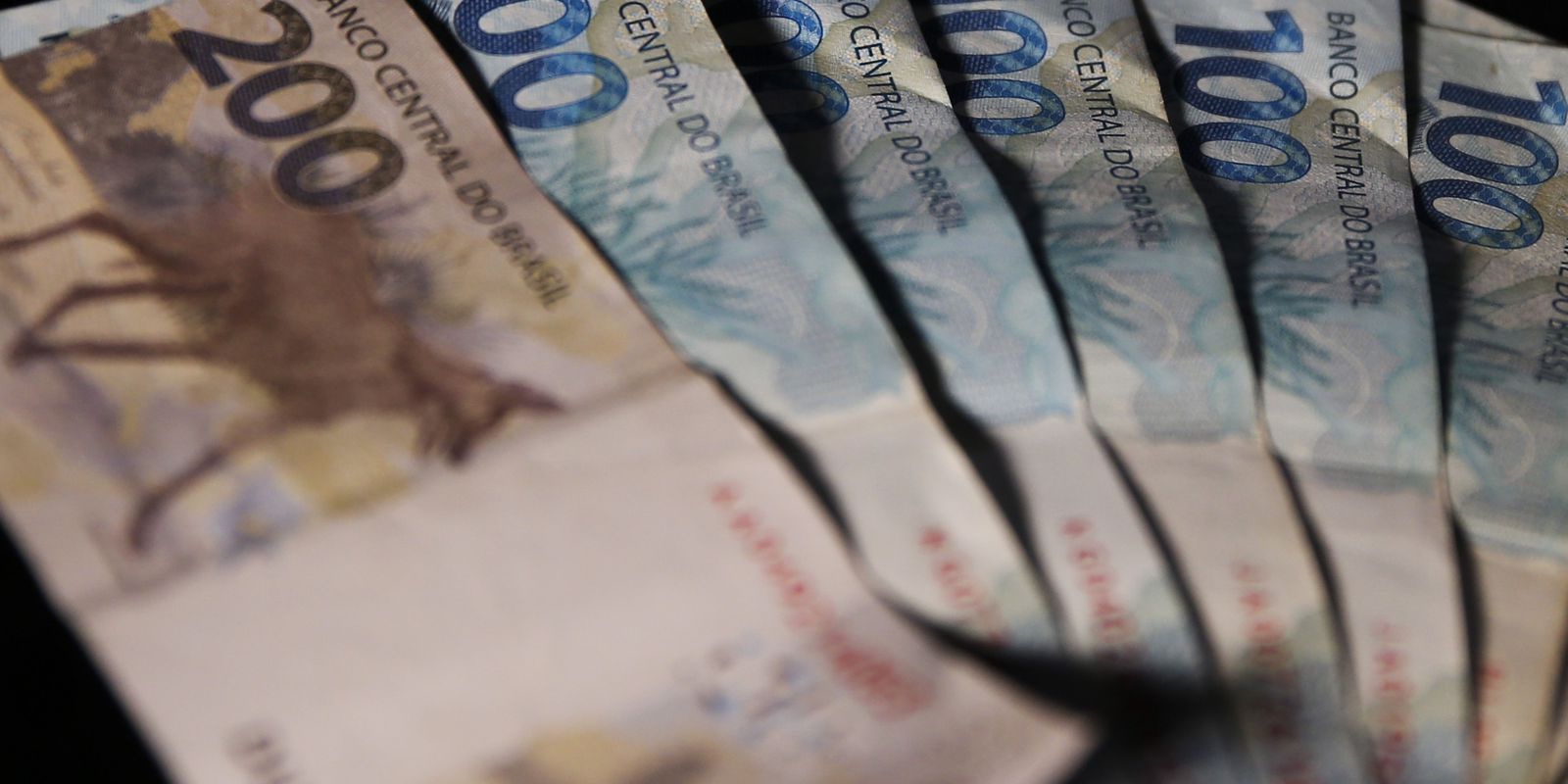Private securities exempt from Income Tax (IR) that finance infrastructure projects, the incentivized debentures, closed 2021 with a record. After falling in 2020, when they reached R$ 28.04 billion in funding, the launches of these papers totaled R$ 47.2 billion last year.
According to the Economic Policy Secretariat (SPE) of the Ministry of Economy, the 68.3% rise in emissions can be explained by the economic recovery, which increased the number of projects financed by these instruments. The total of projects rose from 58 in 2020 to 124 in 2021, also breaking a record.
Currently, there are R$ 167.47 billion of securities of this type in circulation on the market. Launched in 2012, incentivized debentures allow companies to borrow money from investors to finance infrastructure projects or investment projects in general. In the case of infrastructure projects, only projects defined as priorities can be financed according to Decree 8,874, of 2016.
The papers aim to use the financial market to expand private sources of funds for large projects, dependent on financing from the National Bank for Economic and Social Development (BNDES) for many years.
In exchange for the money borrowed by investors, companies pay inflation by the Broad National Consumer Price Index (IPCA) plus a premium, currently at 5.8% per year, with tax exemption. According to the SPE, the outstanding papers have an average term of 12.5 years, which means that, after this period, the investor will receive IPCA plus the premium.
sectors
Of the BRL 167.47 billion of incentivized debentures in circulation, BRL 149.27 billion finance infrastructure projects. The remaining R$ 18.2 billion finance investments in general. In infrastructure-related securities, energy projects received the most funds from special debentures, with R$100.01 billion raised since 2012.
Then come the transport and logistics ventures, with R$ 38.21 billion. Sanitation is in third place, with R$ 7.25 billion of papers launched since the creation of the financing mechanism. Finally, there are the telecommunications projects, with R$ 3.8 billion.
















